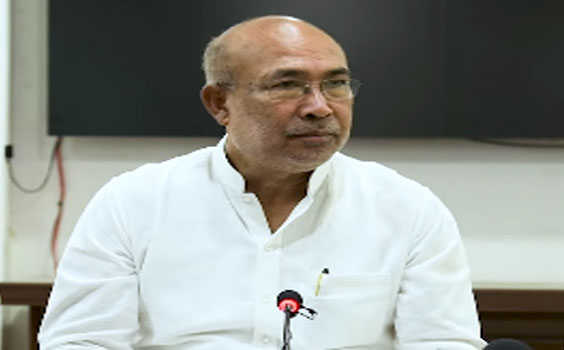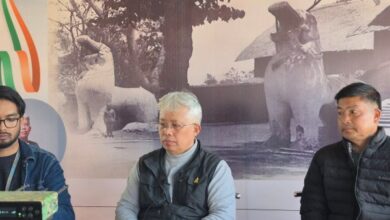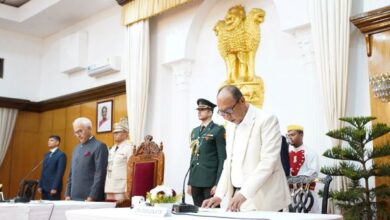Manipur’s ‘War on Drugs’ needs Army’s intervention

Dr Marc Nongmaithem
In 2022, Manipur’s Chief Minister N. Biren Singh launched a comprehensive initiative known as the ‘War on Drugs’ to eradicate poppy cultivation and drug trafficking within the state. Substantial progress has been made in this endeavour, marked by significant drug seizures and the apprehension of numerous traffickers.
However, the recent escalation of ethnic violence related to the drug trade has led to a halt in the operations, revealing a pressing need for decisive action. This report evaluates the current situation and proposes a course of action involving the army to address the ongoing challenges.
Current scenario:
The ongoing ethnic violence linked to the drug trade has hindered the state police forces from effectively carrying out their operations to curb drug-related activities. The conflict has restricted their movement beyond the Line of Control (LoC), impeding efforts to control poppy cultivation and drug trafficking.
The poppy cultivation issue is further compounded by the fact that the harvest season for poppy is currently underway. This indicates a potential surge in poppy production and drug trade, given the unimpeded conditions for cultivation.
To counteract these challenges, a viable solution would be to involve the army in the destruction of poppy fields. The army’s resources, manpower and operational capabilities can be harnessed to effectively dismantle the source of the drug trade. By destroying poppy fields, the drug trade’s backbone would be severely disrupted, making it harder for traffickers to sustain their operations.
The destruction of poppy fields carries multifaceted benefits. First, it aligns with the Biren government’s commitment to combatting drug-related issues and sends a clear message to traffickers that their activities will not be tolerated. Second, this action contributes to broader security objectives by weakening militant and illegal infiltration activities associated with the drug trade. By targeting the root cause of the issue, Manipur’s security and stability can be enhanced.
Collaboration and intelligence
The Biren government can facilitate the army’s involvement by providing essential intelligence inputs to identify illegal poppy plantations. This collaboration ensures that the army’s efforts are directed at high-priority locations and have maximum impact.
For the success of this intervention, it is imperative that the army receives clear orders to destroy the poppy fields. This directive should be unambiguous and unequivocal, ensuring that the army does not inadvertently protect these fields. The threat posed by the drug trade to Manipur’s security and social well-being necessitates resolute action.
In light of the escalating ethnic violence and the associated challenges to the ‘War on Drugs’, the involvement of the army in destroying poppy fields emerges as a decisive course of action. This step not only disrupts the drug trade at its source but also sends a strong message to traffickers and reinforces the government’s commitment to curbing drug-related issues. By collaborating with the Biren government and receiving clear orders, the army can play a pivotal role in safeguarding Manipur’s security and overall welfare.
If the army fails to destroy the existing poppy fields, then the army will be deemed complicit in the trade!
(Views are author’s personal)





